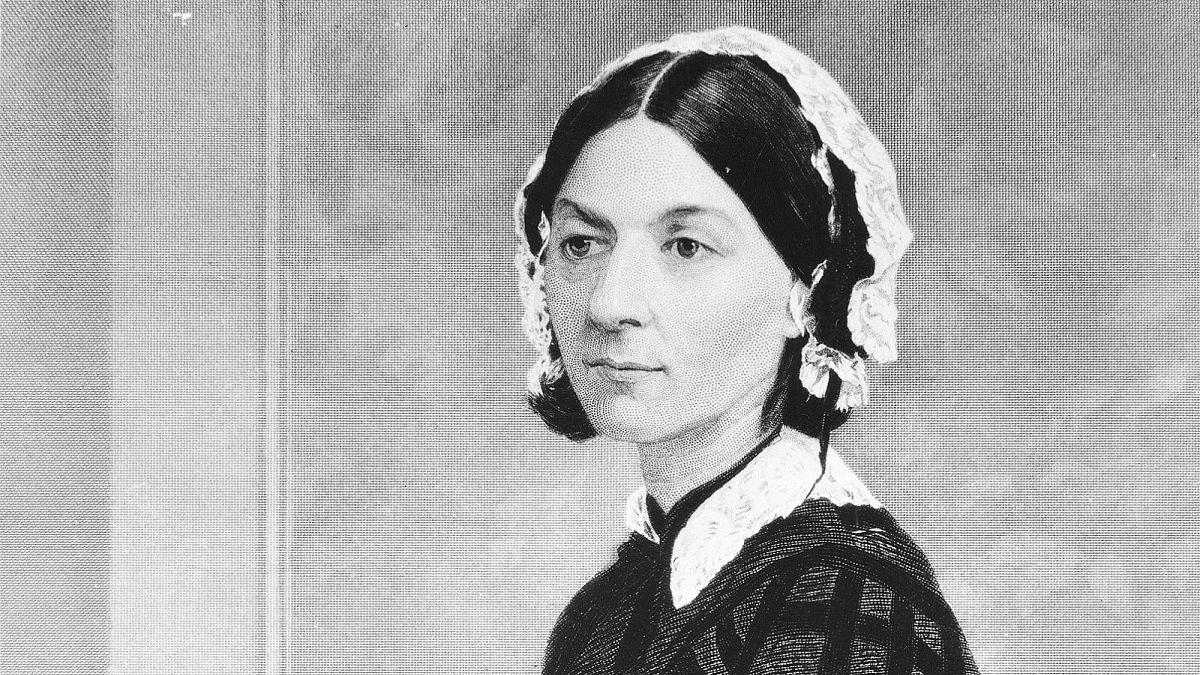According to the WHO, the world currently needs nine million more nurses. The staffing shortages are not only affecting developing countries; here in Europe, we too are struggling to fill nursing and midwifery vacancies.
The World Health Organization (WHO) has named 2020 as the Year of the Nurse and Midwife, marking the bicentenary of Florence Nightingale’s birth. Nightingale is arguably one of the world’s most iconic nurses. She nursed injured soldiers of the Crimean War during the 1850s, and subsequently founded her own nursing school in London. Nightingale was also heavily involved in research and was seen as a pioneer of modern nursing.
But 2020 won’t just be an excuse for a celebration of nursing and midwifery, the WHO’s announcement also suggests the global body’s commitment to listen more closely to the voices of nurses and midwives. As the biggest workforce in the health sector, this is an exciting prospect for future health research and policy-making.
According to the WHO, the world currently needs nine million more nurses. The staffing shortages are not only affecting developing countries; here in Europe, we too are struggling to fill nursing and midwifery vacancies. Germany’s health minister recently visited Mexico to establish a new nursing recruitment drive and fill chronic shortages. Late last year, the UK government announced its plans to bring back bursaries for student nurses and midwives, as a means of encouraging more into the profession. And Hungarian nurses will see their wages rise as part of a government-led campaign to increase its frontline nursing staff.
Whilst these examples of European governments attempting to plug gaps in its nursing and midwifery workforces are constructive, I think it is also important to examine the universal barriers that extend beyond country borders and stand between the profession and those wishing to join the profession. It seems to me that an obvious example is the profession’s gender stereotyping. Nursing remains overwhelmingly female-dominated across the board.
When compared with other groups of healthcare professionals, such as doctors, the bridging of the gap seems to be trailing behind. The gender-biased language used when discussing nursing, as well as images depicting the nursing profession in mainstream media, only adds to this gender gap. The WHO’s position as a global body might provide enough leverage to begin to wear down some of the gender norms around nursing, opening up the profession to people irrespective of their gender.
Aside from a recruitment drive, the WHO’s campaign might also spark new hope for nurses when it comes to policy making. Given the important role that the WHO plays in global health policy, it seems that this year will see nurses being given a seat at the policymaking table. The organisation recently showed its recognition of the nursing voice when it created the new role of Chief Nursing Officer in 2017. I would argue that the creation of this role was a significant step in recognising the significance of nursing, moving away from a model that only relied on the clinical input of doctors. Moreover, it elevated the profession at a global level, as nurses now had a dedicated spokesperson to advocate for them within the WHO.
Looking at health policy issues, I think a multidisciplinary approach would enable a broader amalgamation of expertise from various health professionals involved in healthcare delivery. In the context of Europe, perhaps one of the most worrying policy challenges is the decline in the number of children being vaccinated against infectious diseases under the so-called “anti-vax” movement. Nurses and midwives play a key role in the vaccination of babies and young people, given that they are the group of healthcare professionals that will often carry out vaccinations and educate parents and carers on the subject.
Therefore, it seems evident to me that they, too, should be involved in the crafting of wider policy decisions. But the anti-vax movement is not the only policy issue that nurses and midwives could contribute to; from obesity to better working conditions for healthcare professionals, the potential to engage with and involve nurses at policy level is far-reaching.
Whilst health sectors across Europe might be looking at new ways to encourage people into the nursing and midwifery profession, the WHO has opened up a new conversation about nursing this year. 2020 will hopefully see stereotypes about the nursing profession start to be eroded, giving way to more people wishing to join a profession that is suffering from a global staffing malaise.
What’s more, the significance of the WHO’s movement towards including nurses at policy level is something that will doubtlessly benefit patient care. The appointment of a Chief Nursing Officer has certainly facilitated more conversations about the profession at the higher echelons of the WHO, but more could be done to promote a culture where nurses feel valued and heard by their governments. The latter is something that nurses will doubtless be working on well into the next decade and beyond.
- Hadley Stewart is a London-based writer, broadcaster and medical journalist.
____________
Are you a recognised expert in your field? At Euronews, we believe all views matter. Contact us at view@euronews.com to send pitches or submissions and be part of the conversation.
